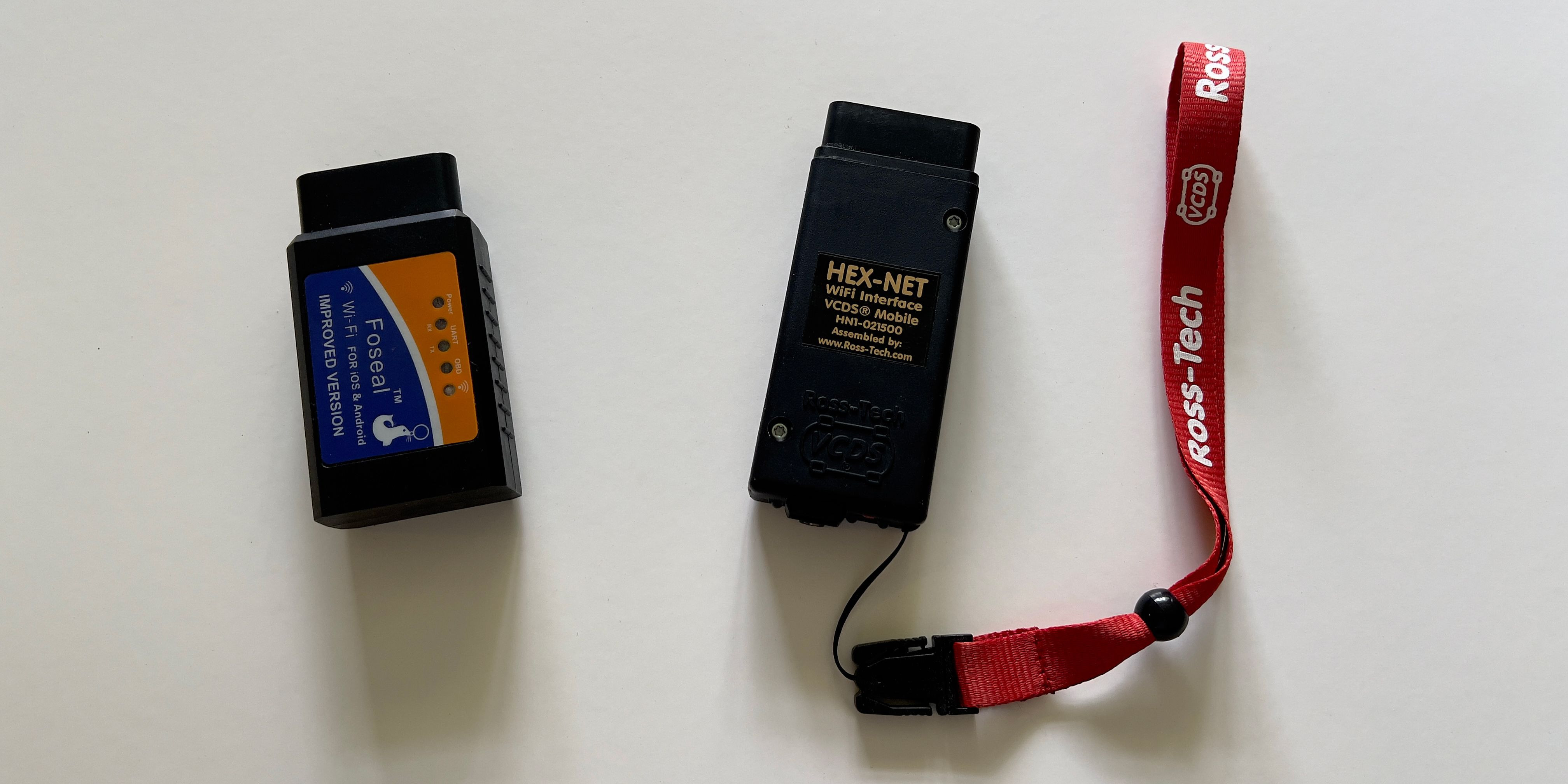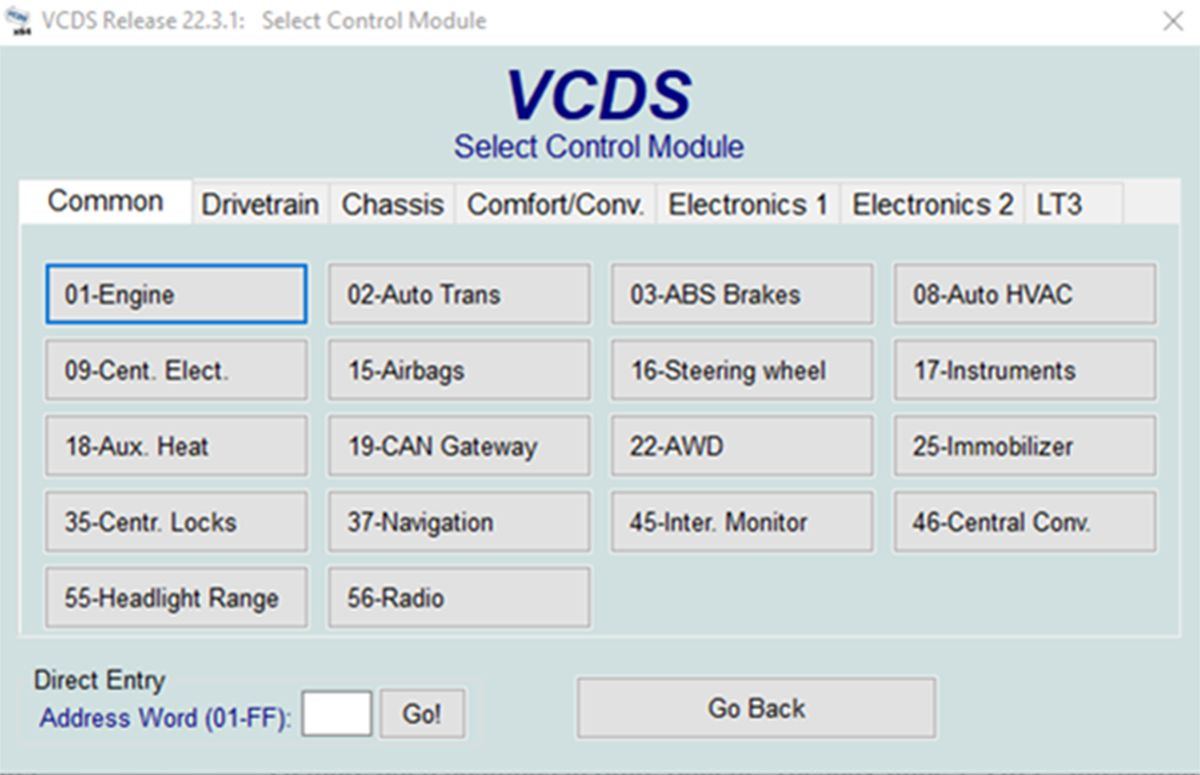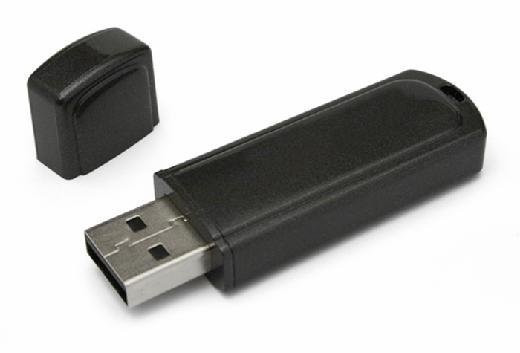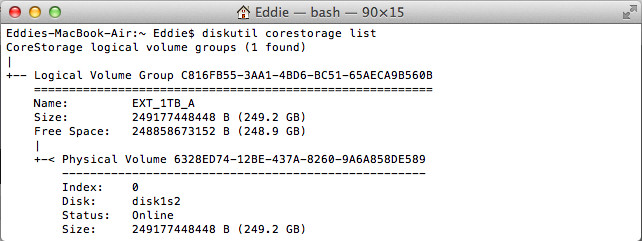What is VCDS? Your Comprehensive Guide to VAG-COM Diagnostic System

Vehicle diagnostics can often feel like navigating a complex maze, especially when dealing with specific car brands. For owners and enthusiasts of Volkswagen Group vehicles, there’s a specialized tool that rises above the generic scanners: VCDS, or VAG-COM Diagnostic System. Developed by Ross-Tech, VCDS is not just another OBD-II scanner; it’s a powerful, in-depth diagnostic software tailored specifically for Volkswagen, Audi, Skoda, SEAT, and other brands under the VW umbrella.
But what exactly is VCDS, and why is it considered a must-have for VW group vehicle owners? Let’s delve into the details.
Understanding VCDS: VAG-COM Diagnostic System Explained
VCDS stands for VAG-COM Diagnostic System. The acronym “VAG” itself is significant, representing Volkswagen Audi Group. This immediately signals VCDS’s specialization: it’s designed to work with vehicles from the Volkswagen Group, offering a level of diagnostic capability that goes far beyond standard, universal OBD-II (On-Board Diagnostics II) scanners.
 Comparing a standard OBD-II scanner with the Ross-Tech HEX-NET VCDS interface, highlighting the advanced capabilities of VCDS.
Comparing a standard OBD-II scanner with the Ross-Tech HEX-NET VCDS interface, highlighting the advanced capabilities of VCDS.
Ross-Tech, the company behind VCDS, has focused on creating a tool that provides dealership-level diagnostics for the everyday user and professional mechanics alike. This means VCDS can access and interpret data from your vehicle’s Engine Control Unit (ECU) and other modules in ways that generic scanners simply cannot. It speaks the specific language of VW, Audi, Skoda, SEAT, Bentley, Lamborghini, Porsche, and Cupra vehicles manufactured from the early 1990s onwards, thanks to the standardization of the OBD-II port. This compatibility extends to future models as well, ensuring VCDS remains a relevant tool for years to come.
VCDS vs. Generic OBD-II Scanners: Why Choose VCDS?
While OBD-II scanners are widely available and can read basic diagnostic trouble codes (DTCs) across various car brands, VCDS operates on a different level. Think of OBD-II scanners as general practitioners, while VCDS is a specialist surgeon for Volkswagen Group vehicles.
Here’s a breakdown of why VCDS surpasses generic OBD-II scanners:
- Enhanced Functionality: VCDS unlocks functionalities typically reserved for dealerships. It can access virtually every diagnostic-capable system in your car, from engine management and transmission to ABS, airbags, infotainment, and even climate control. This in-depth access allows for far more precise diagnostics and troubleshooting.
- Advanced Coding and Adaptations: Beyond reading fault codes, VCDS enables users to perform coding and adaptations. This means you can make modifications to your car’s software settings – features that are often only configurable at a dealership. Examples include enabling hidden features, customizing comfort settings, or adapting new components after replacement.
- Extensive Diagnostic Trouble Codes (DTCs): VCDS recognizes and interprets a vast library of over 900 DTCs specific to Volkswagen Group vehicles. This comprehensive database, coupled with Ross-Tech’s extensive Wiki, provides users with detailed information on fault codes, potential causes, and suggested fixes, greatly simplifying the diagnostic process.
- Live Data and Measuring Blocks: VCDS excels in providing real-time data through its “Measuring Blocks” feature. This allows you to monitor sensor readings, engine parameters, and system statuses while the vehicle is running. This dynamic data is invaluable for diagnosing intermittent issues or assessing the performance of various components.
 The VCDS software interface displaying a comprehensive scan of vehicle modules, showcasing its ability to access various systems within Volkswagen Group vehicles.
The VCDS software interface displaying a comprehensive scan of vehicle modules, showcasing its ability to access various systems within Volkswagen Group vehicles.
Key Features of VCDS: Unleashing Diagnostic Power
VCDS is packed with features designed to empower users with comprehensive control over their vehicle’s diagnostics and settings. Some of the standout features include:
- Module Scanning: As illustrated, VCDS can scan every module within your vehicle, providing a complete overview of the car’s electronic health. This quick scan identifies any stored fault codes across all systems.
- Measuring Blocks/Advanced Measuring Values: This feature allows real-time monitoring of various parameters. For example, you can monitor engine temperature, RPM, airflow, sensor voltages, and much more, aiding in pinpointing the root cause of performance issues.
- Fault Code Reading and Clearing: VCDS reads and clears DTCs with detailed descriptions, going beyond the generic codes provided by basic OBD-II scanners.
- Adaptations: Adaptations allow you to adjust settings for components like throttle bodies or perform service resets.
- Coding: Coding enables more significant modifications, such as enabling or disabling features, retrofitting components, or customizing vehicle behavior.
- Output Tests: This feature allows you to activate specific components (like fans, relays, or solenoids) to test their functionality directly.
Who is VCDS For? and Cost Considerations
VCDS caters to a wide range of users, from DIY car enthusiasts who like to maintain their own vehicles to professional mechanics specializing in European cars. Ross-Tech offers different VCDS packages to suit varying needs and budgets.
- VCDS-Lite: A more affordable option ($99, cable not included) for older vehicles (roughly pre-2005 models) that use K-Line communication.
- HEX-V2 (Enthusiast): Starting at $199, this package includes the HEX-V2 interface cable and licenses for 3 VINs (Vehicle Identification Numbers). This is ideal for individuals owning a few Volkswagen Group vehicles. Upgradable to 10 VINs for an additional cost.
- HEX-NET (Professional): Starting at $449, the HEX-NET offers unlimited VINs, making it suitable for workshops or users working on numerous vehicles. It also adds wireless connectivity via Wi-Fi, enhancing flexibility.
Each full VCDS license is linked to the interface cable and, in some cases, limited by the number of VINs it can support. This licensing model ensures software integrity and supports ongoing development by Ross-Tech.
Conclusion: VCDS – An Indispensable Tool for VW Group Vehicles
For anyone serious about diagnosing, maintaining, or modifying Volkswagen Group vehicles, VCDS is an invaluable tool. It provides a depth of diagnostic capability and control that far surpasses generic OBD-II scanners, offering near dealership-level access right at your fingertips. Whether you’re troubleshooting a warning light, performing routine maintenance, or customizing your car to your preferences, VCDS empowers you with the insights and functionality needed to keep your VW, Audi, Skoda, or SEAT running smoothly and efficiently. Investing in VCDS is investing in the long-term health and performance of your Volkswagen Group vehicle.





